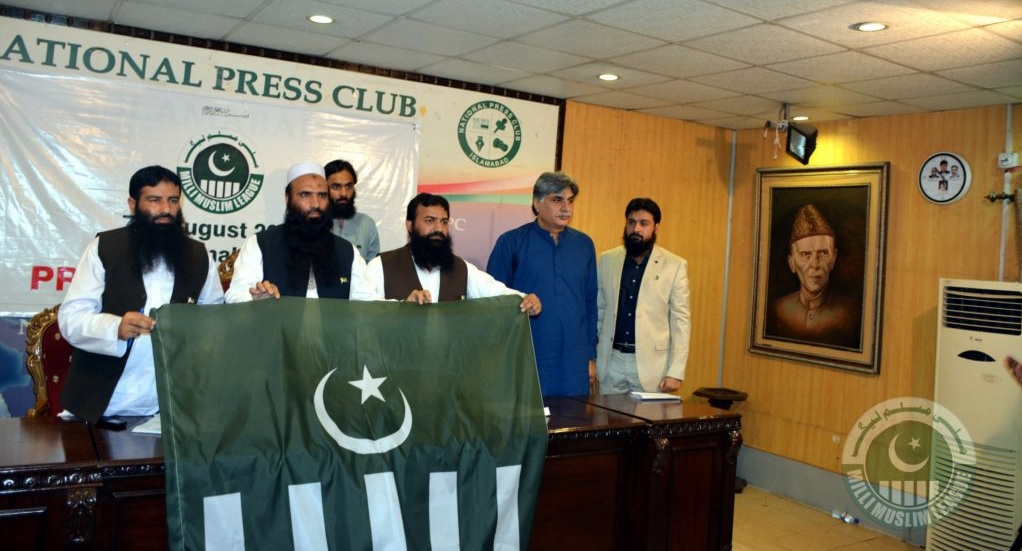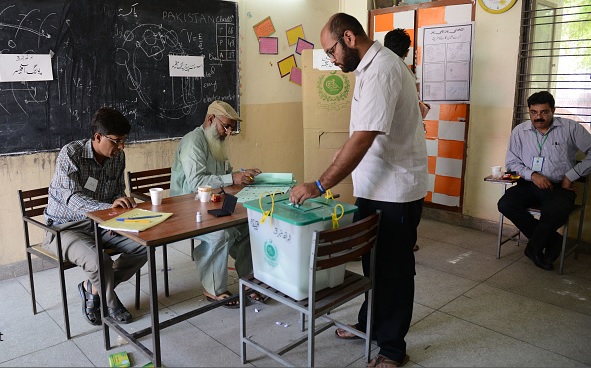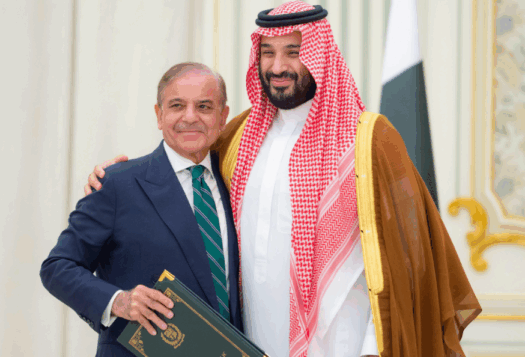
A number of proscribed militant organizations in Pakistan have recently attempted to enter the country’s political arena. There are even reports that a coalition of Islamist parties may emerge before Pakistan’s next general elections, which will likely oppose the state’s recent politics related to counterterrorism and other attempts to reform a number of strict laws that have marginalized the country’s minority communities.
Historically, Islamic parties in Pakistan such as the Jamaat-e-Islami (JeI), the Jamiat Ulema-e-Islam (JUI) and others have been sympathetic to militant organizations by either supporting their agendas or offering recruits. While Pakistan has banned a number of Islamist groups with known links to militant organizations, many of them still continue to operate freely and actively in the country. These recent attempts by militant groups to participate in a constitutional and legitimate political process not only shows that the state has failed to act against them, but also that it remains reluctant to introduce a comprehensive policy that would reduce the appeal of radical elements in the country.
The Jamaat-ud-Dawa (JuD), a banned militant organization in Pakistan that has been accused of targeting India, recently formed a political party under the name of Milli Muslim League (MML). While the head of the JuD, Hafiz Saeed, remains under house arrest, the organization’s social, religious, and political arms remain active on the ground. The party vigorously campaigned in the recent NA-120 by-election in Lahore, which became vacant after the recent ousting of Pakistan’s former Prime Minister, Nawaz Sharif. To everyone’s surprise, the candidate who contested the election as an independent but with MML’s active support was able to secure more than 5000 votes, leaving behind the candidate of the Pakistan People’s Party, which has ruled the country thrice in the past. While the Election Commission of Pakistan doesn’t recognize MML as a political party, it continues to defy the state’s writ by putting up an aggressive political campaign filled with hate speech and the promotion of a Jihadist agenda. The party is not expected to make substantial electoral gains in the near future, but the mere involvement of a militant organization in a legal political mechanism will not only deepen its ideological base but also dampen the state’s efforts to contain the country’s growing militant culture.
At the same time, Maulana Samiul Haq, chief of the JUI, announced a few days ago that the Afghan Taliban will support Pakistan against any foreign aggression from the United States. Haq’s Islamist group not only runs a chain of madrassas in Pakistan but has also been active politically with his religious faction always having shown sympathies with the Taliban and opposing the state’s military actions against them. So far, the government has neither given any clarification nor rejected Haq’s statement, though the announcement is circulating within several madrasas in Pakistan that have long been associated with supplying new recruits for the Taliban in Afghanistan. For many, the failure of the government to respond to such statements shows that the state is still unwilling to abandon its policy of supporting militant groups as part of its security policy.

The prospect of Islamist parties taking part in the country’s general elections presents a direct challenge to Pakistan’s counterterrorism efforts. The country’s National Action Plan (NAP) against extremism, a twenty-point counterterrorism strategy that was signed into law more than two years ago, is aimed at restraining militancy in forms ranging from hate speech to active violence. Unfortunately, the state has failed to deliver tangible results.
Clearly, the country continues to be plagued by ideological differences that have transformed conservative Islamist groups into powerful actors with a support base that may challenge the state and dictate its policies at will. For instance, Islamists forces in the country have actively resisted the state’s efforts to reform blasphemy laws, which have long been used to justify violence against religious minorities in Pakistan. Moreover, they have also obstructed the state’s efforts to resolve the issue of extremism emanating from madrassas.
As conservative forces continue to grow stronger, the state has fewer realistic options for action at its disposal. Their presence in the streets restricts the state’s domestic counterterrorism plans while their ideological appeal remains a major handicap in introducing a tolerant, liberal vision of the state. While Islamists have never been able to win at the polls, they have drawn thousands of people to the streets across Pakistan in support of their agenda. It is possible that during the next election there may be Islamist groups marching in the streets to legitimize their radical ideology and amass support from different segments of society across the country.
For Pakistan, the only viable option left is to clamp down on Islamist groups that are trying to use their own interpretations of Islam to undermine religious diversity, free speech, tolerance and liberal values. This policy will only come to fruition when all aspects of the Islamist support base, ranging from the political to the cultural, are pushed to the periphery. Policymakers in Islamabad need to redefine the role of Islam in Pakistan’s imagination as a state. Unless the appeal of Islamist forces is replaced by an alternative nationalist Islamic vision that can integrate the society, the country’s ideological fragmentation is likely to deepen and Islamist groups will continue to dominate Pakistan’s political frontiers.
***
Editor’s Note: Click here to read this article in Urdu
Image 1: Milli Muslim League website
Image 2: Arif Ali via Getty Images


